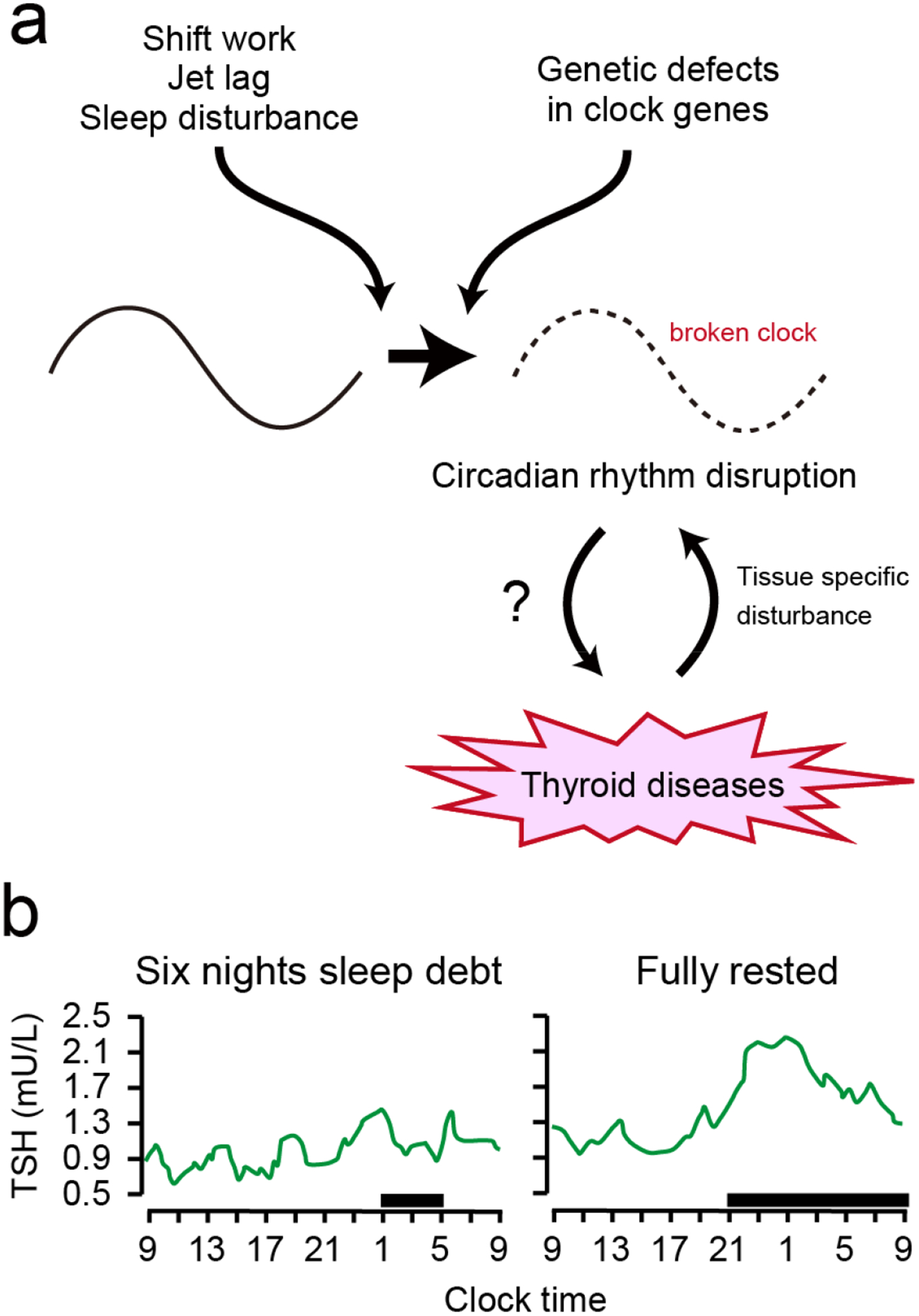Figure 5. Circadian disruption can drive thyroid diseases.

(a) Endogenous factors, such as genetic defects, and exogenous factors such as chronic shift work, jet lag and sleep disturbance, disrupt the endogenous circadian timing system. A faulty circadian clock is thought to increase the risk of thyroid diseases7,8. Thyroid diseases also perturb the circadian system in a tissue-specific manner68. (b) Effects of a sleep debt achieved by six nights of bedtime restriction to 4 h per night and a fully rested condition on TSH concentration (modified from Ref37). Shaded areas show bedtime periods.
